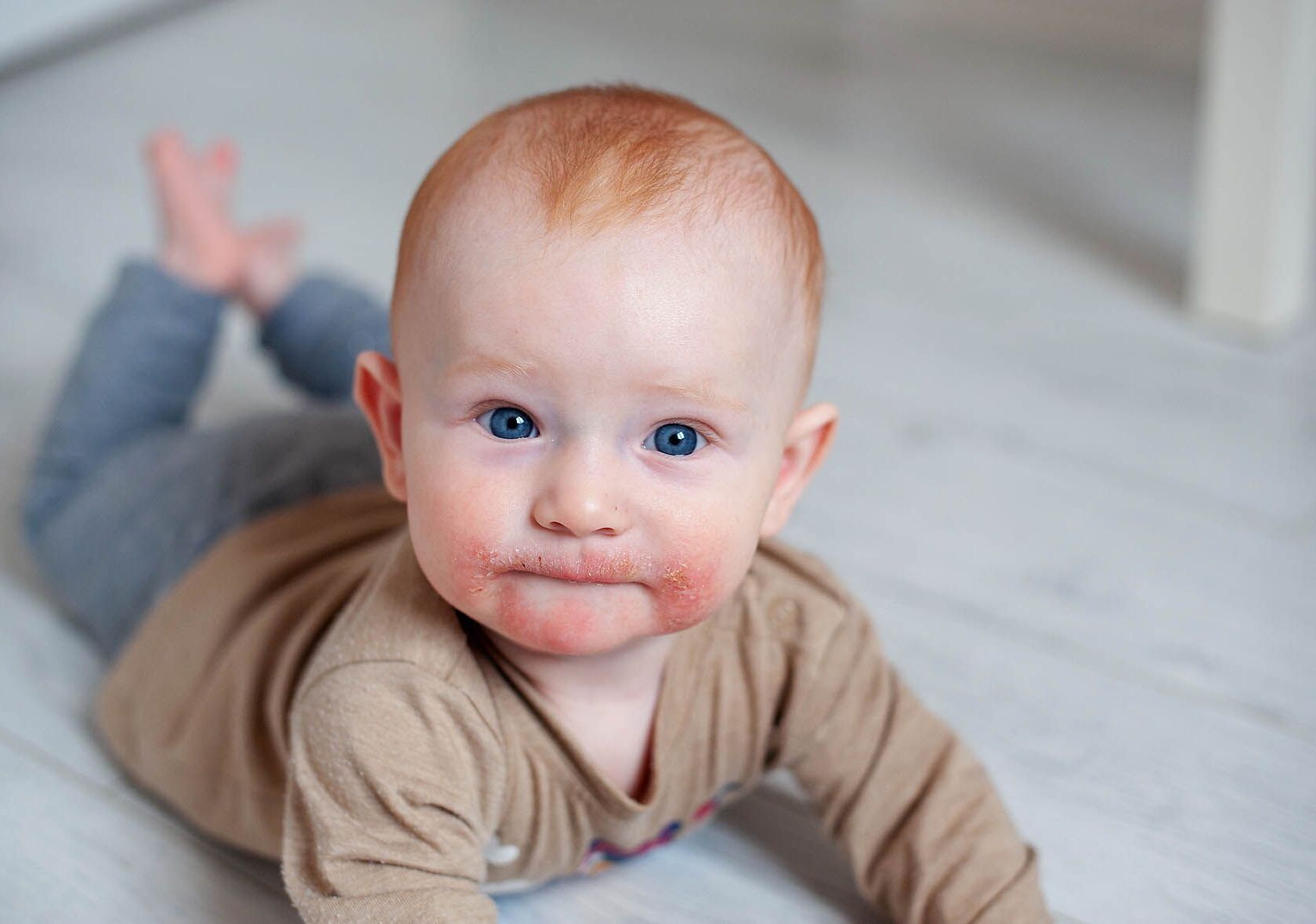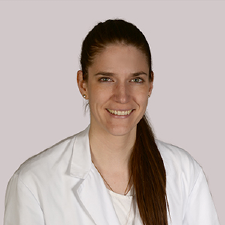Neurodermatitis is one of the most common chronic diseases in children. But many adults are also affected. The disease is not curable. But there are many ways to live well with it. And it is not uncommon for the itchy skin to suddenly stop on its own.
The skin is dry and sensitive, reddens, flaky – and itches: a typical case of atopic dermatitis. And this despite the fact that Angela is very conscientious when it comes to her personal hygiene. Applying lotion after her daily shower is part of her routine. She can keep her dermatitis under control to a certain extent, but when the air is very dry she still suffers new flare-ups. “Unfortunately, this is a very typical case,” says Claudia Lang. The dermato-allergist specializes in neurodermatitis or atopic dermatitis and researches the disease.
“This is often frustrating for patients. We can now provide much better help, but the disease is still not curable today.”
Genetic predisposition
Neurodermatitis is widespread among children and adolescents worldwide, affecting almost one in five children. It often develops into adulthood. However, around five percent of all adults in Switzerland continue to suffer from this inflammatory skin disease. The diagnosis is made on the basis of the clinical picture: Does the localization of the affected areas match? Does the disease progress in phases? Is it chronic? Does is itch? The exact cause is still not fully understood. Not least because various factors often come together. However, there is a genetic predisposition to the development of atopic dermatitis. “We now know that in many of these patients, a protein that should ensure the cohesion of the skin cells is altered,” explains Claudia Lang. “You can imagine it like a wall: The bricks are the skin cells, the mortar between them is strengthened by the protein. If this protein is defective, the entire wall begins to crumble and becomes permeable.”
Impaired protective function
The specialist uses this image to try to explain to affected people what is happening to their skin. The consequences are serious: the skin becomes dry and brittle. On the one hand, this leads to itching. Because the cement or mortar between the skin cells is missing, the skin also loses its protective function and pathogens or allergens can penetrate much more easily. They trigger local inflammation, which further intensifies the itching. And depending on the pathogen, inflammatory neurodermatitis can quickly turn into infected atopic dermatitis, for example due to a herpes infection. “This makes consistent skin care all the more important,” emphasizes Karin Grando, specialist care expert in dermatology. She explains the prescriptions to the patients in detail and how they should use which products. “Applying moisturizing products several times a day is the be-all and end-all.”


